When electrical engineering freshman Norah Daley moved to East Lansing to attend Michigan State, she left her three dogs at home.
Daley left a Chihuahua named Coconut, a mutt named Winter, a Shiba Inu named Mika, and a Calico cat named Melly.

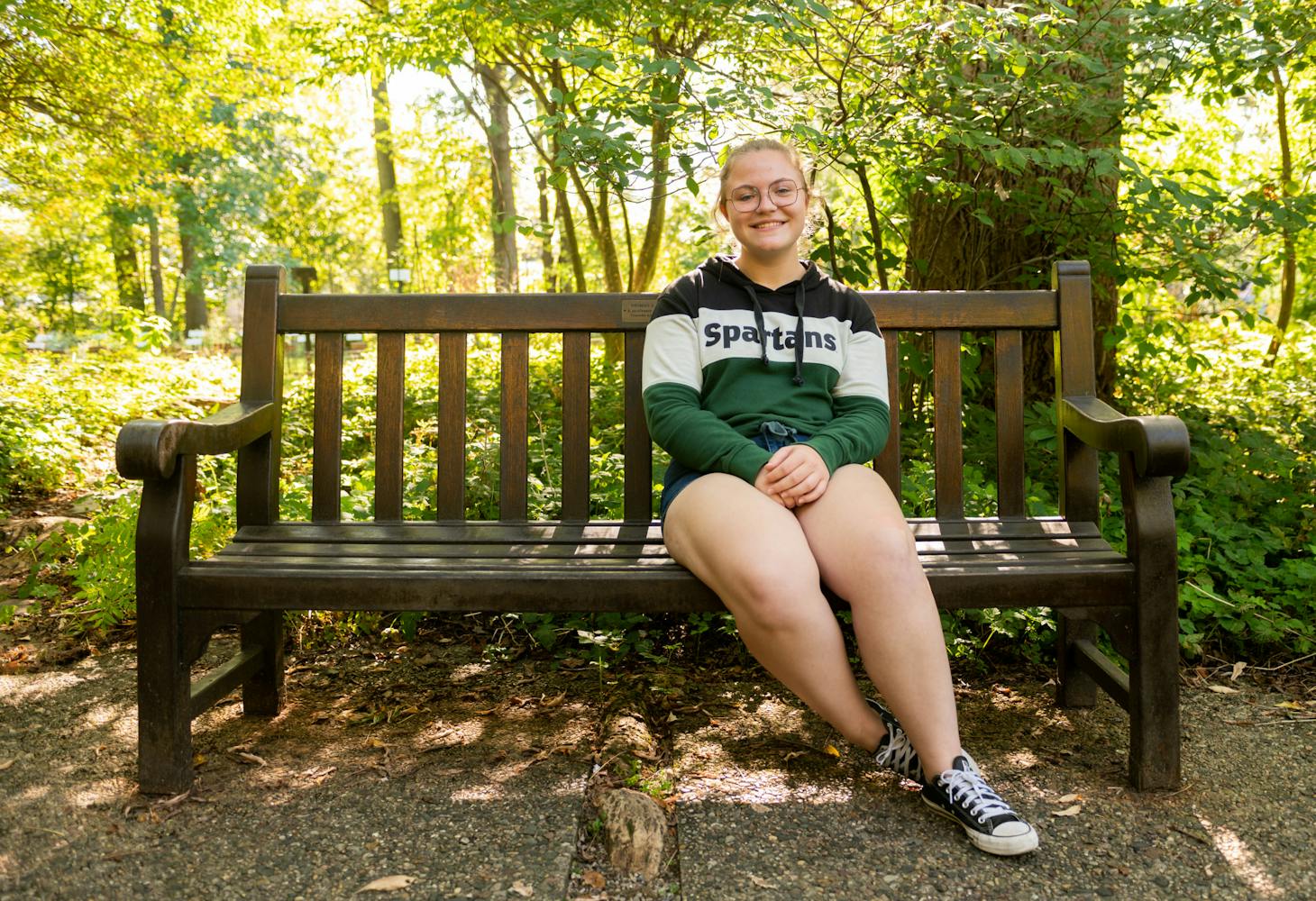
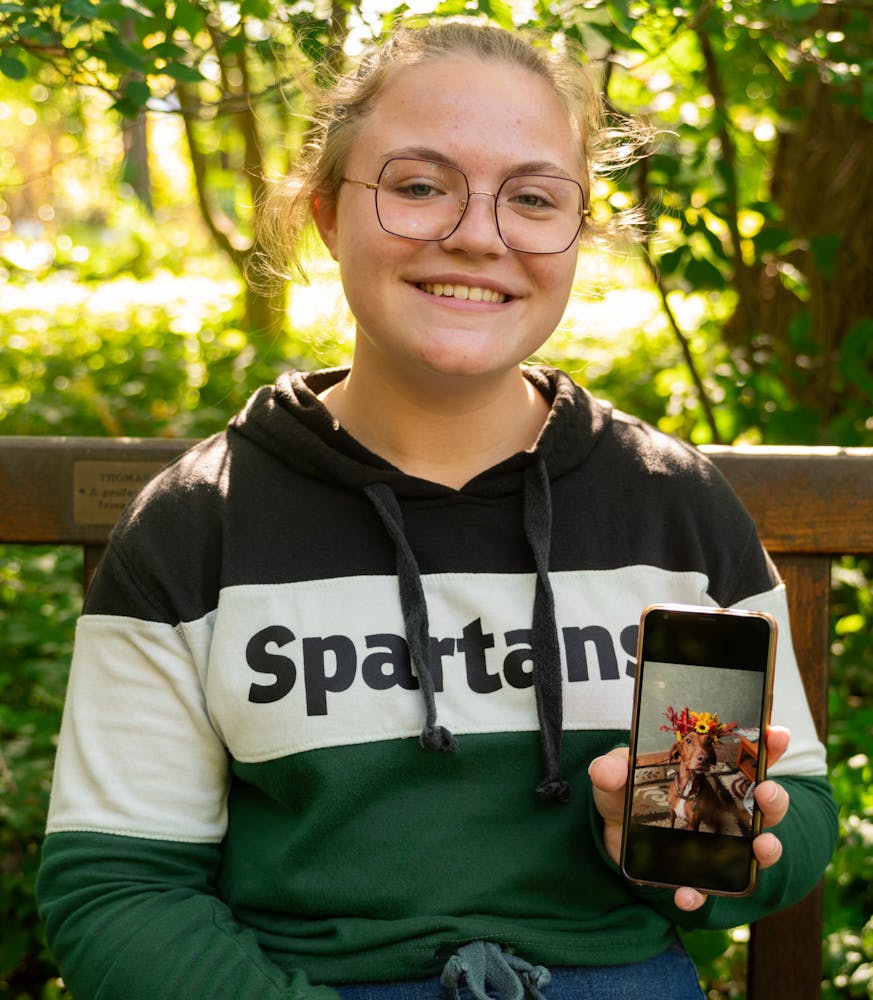
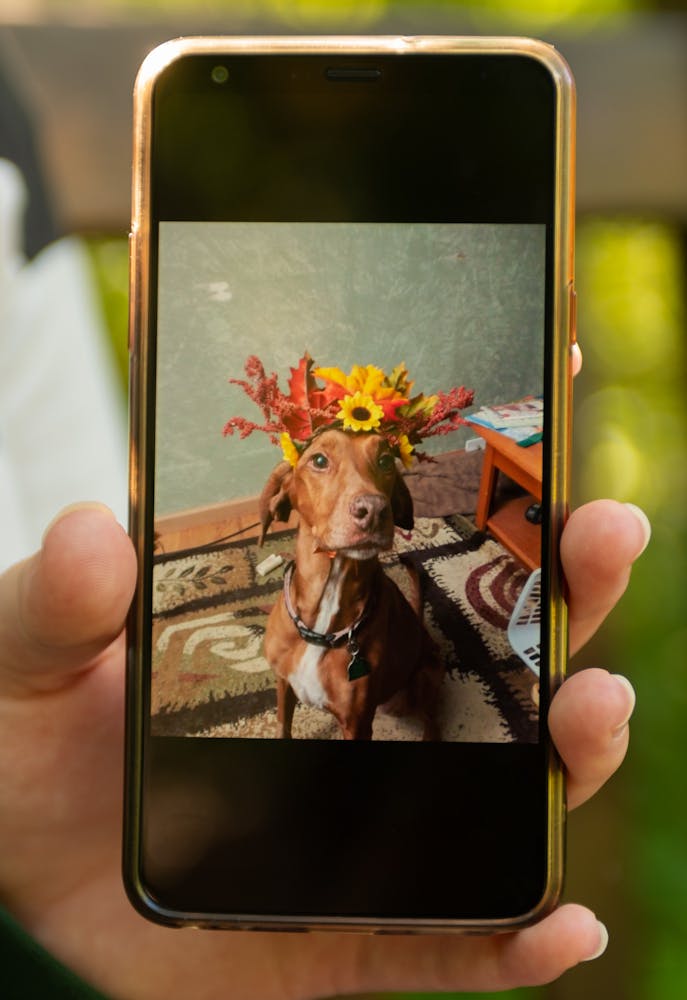
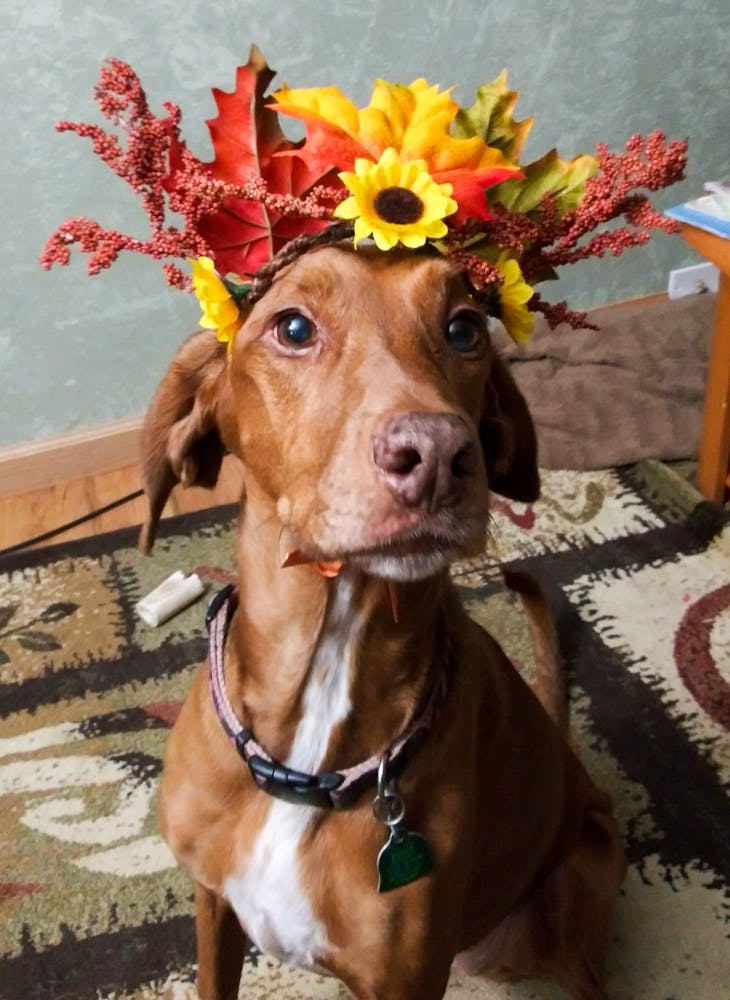


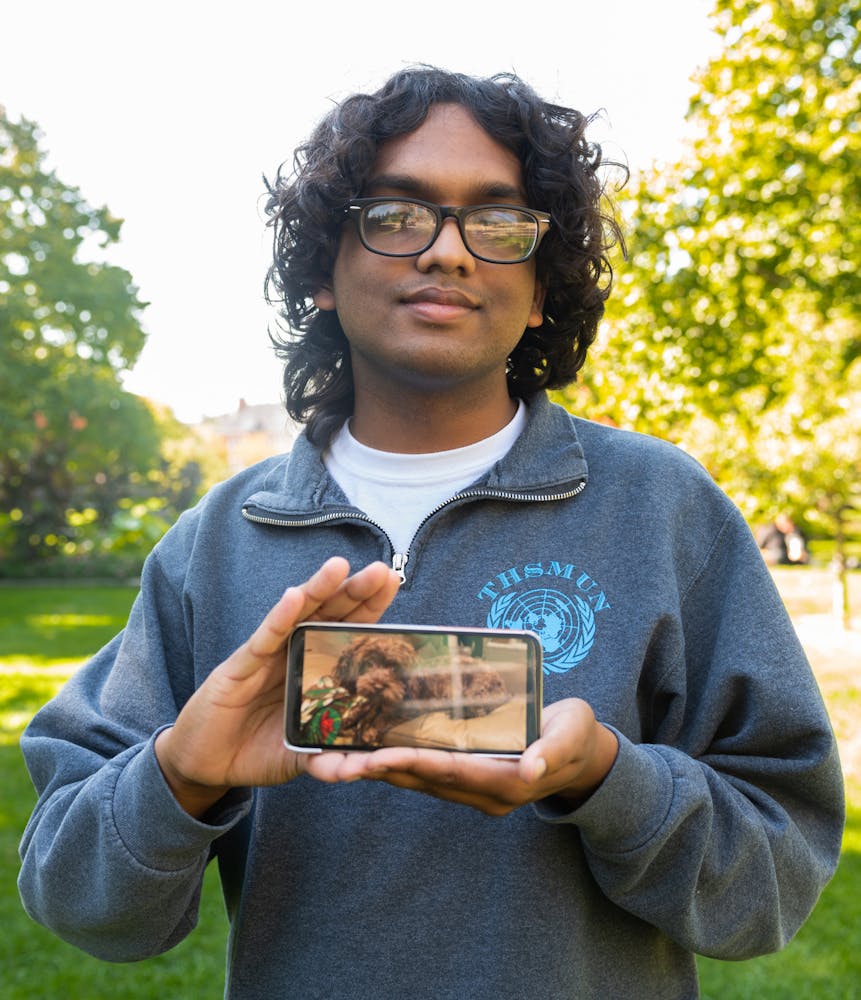
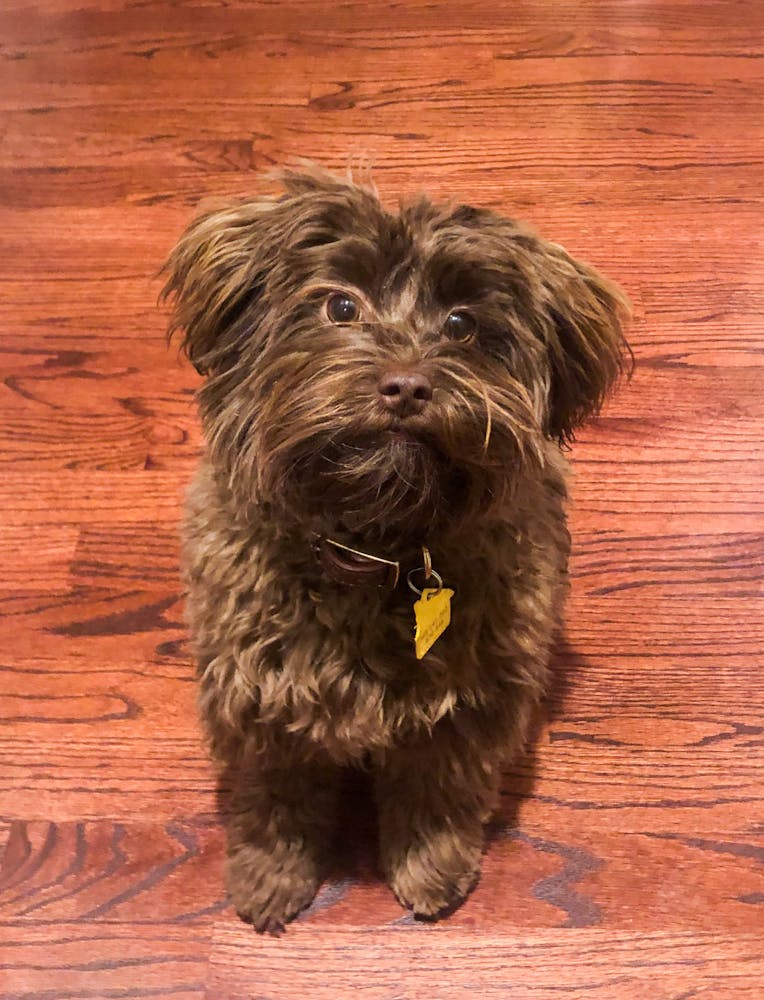

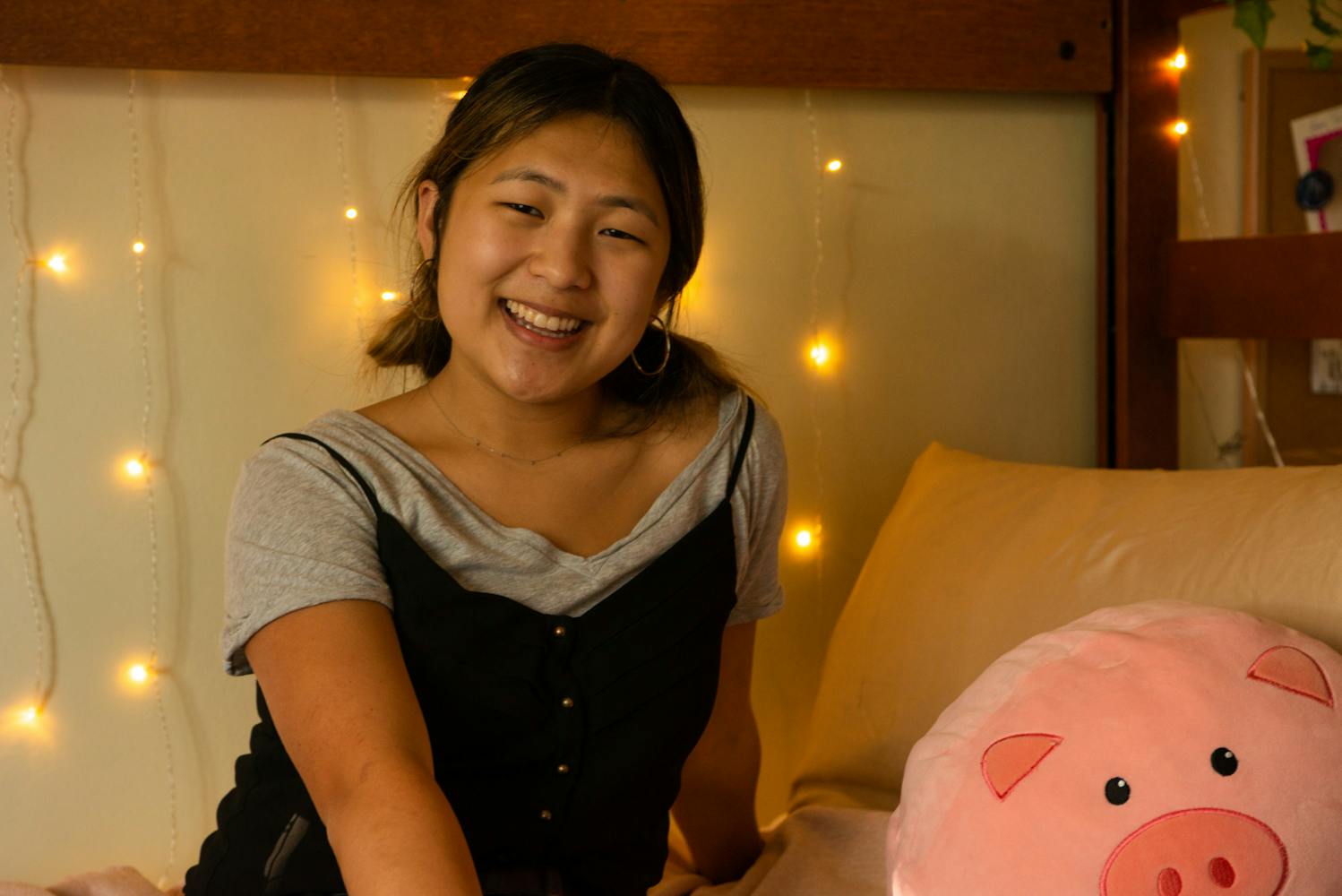
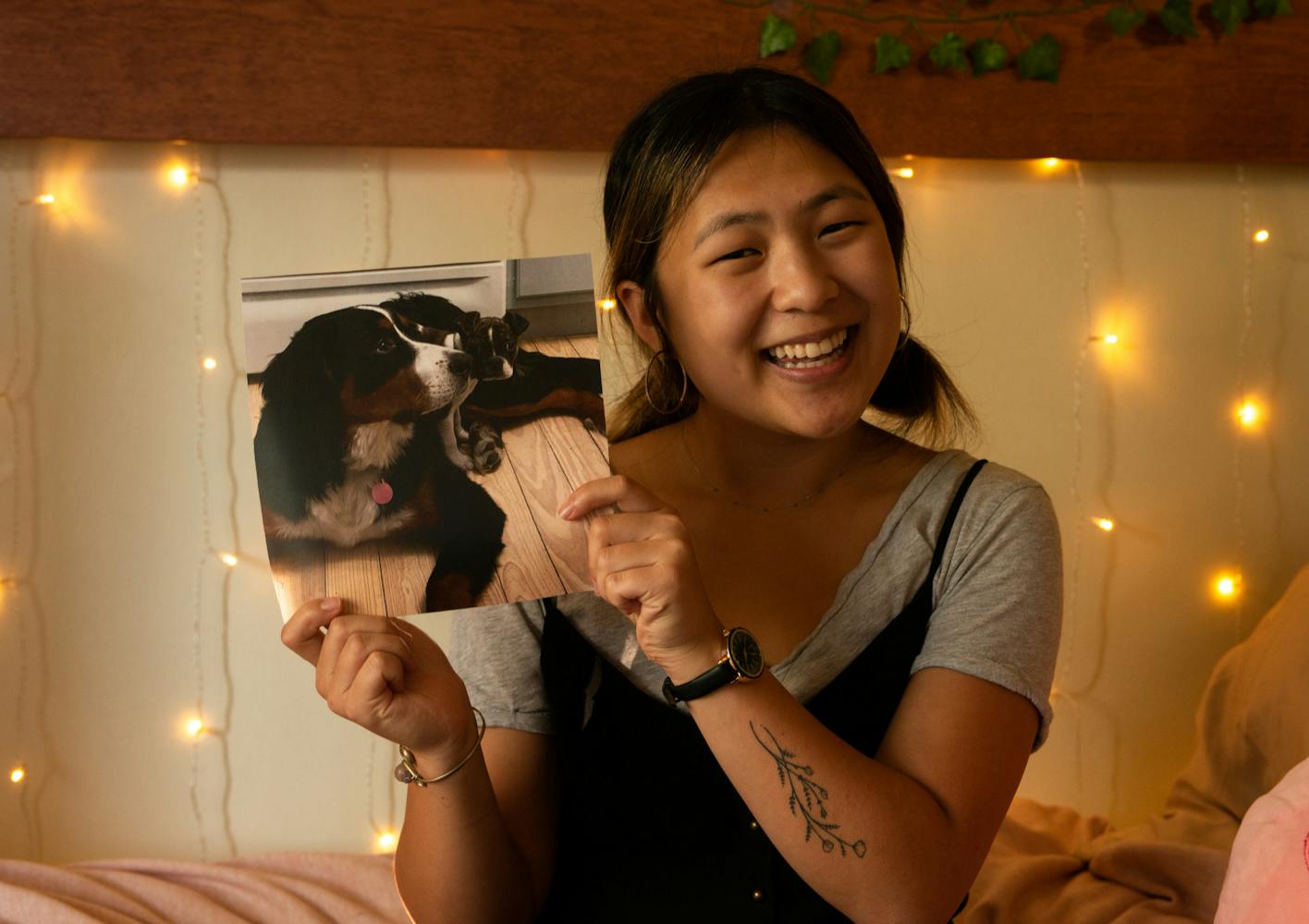
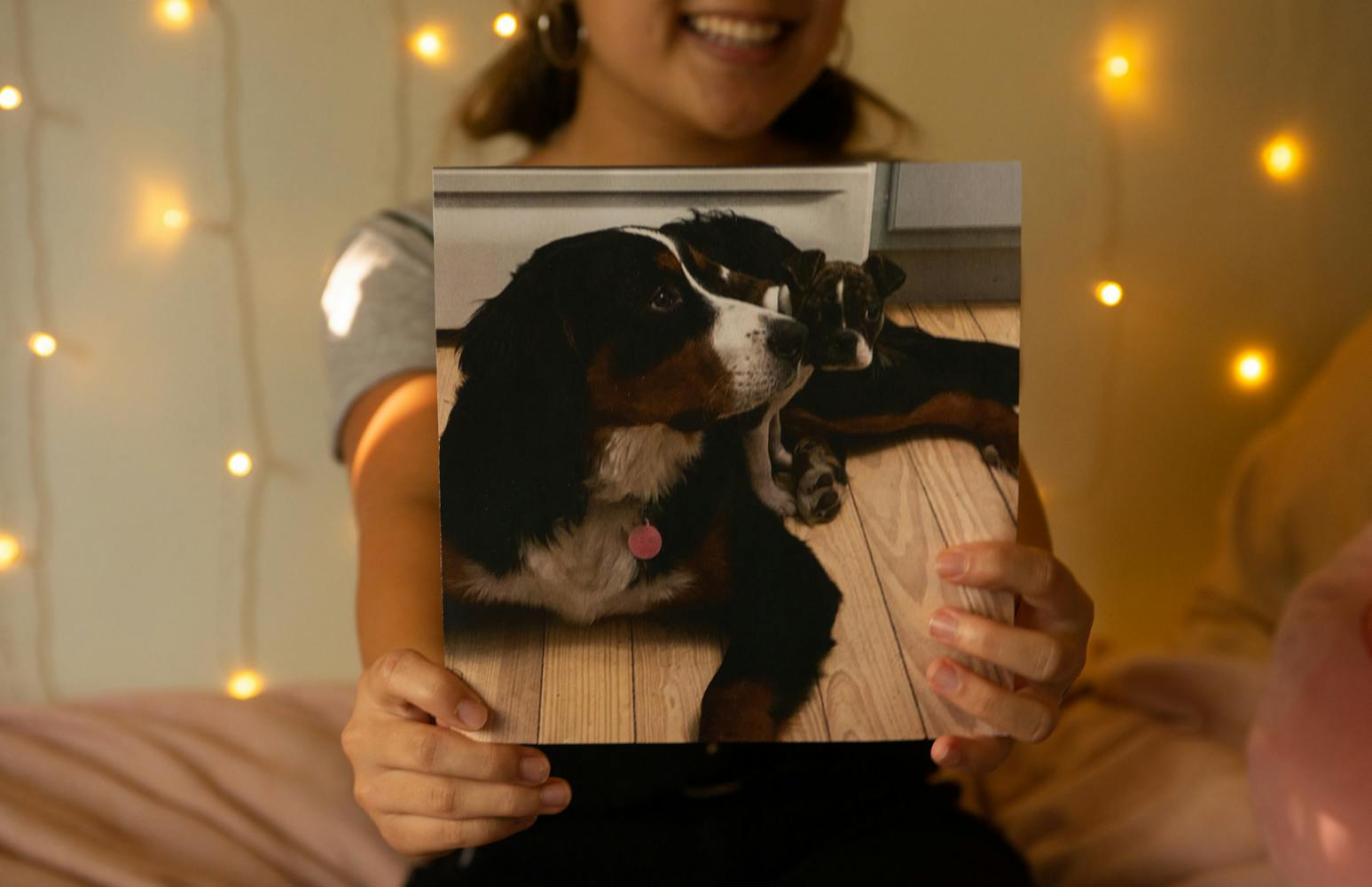

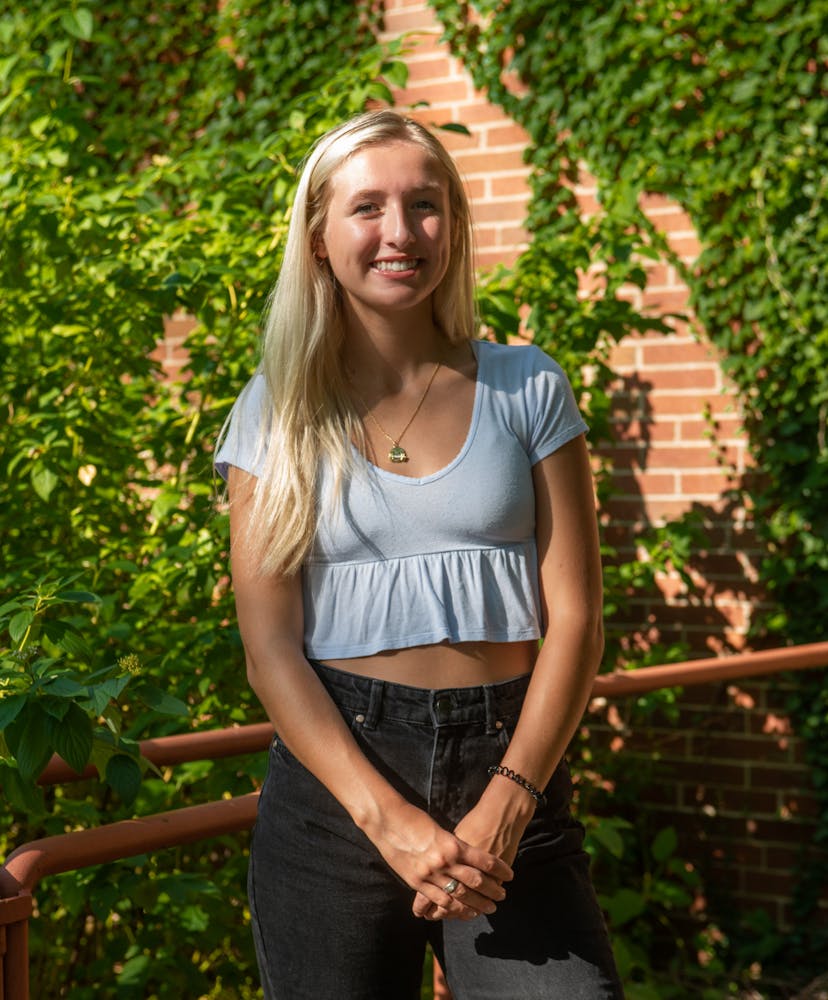
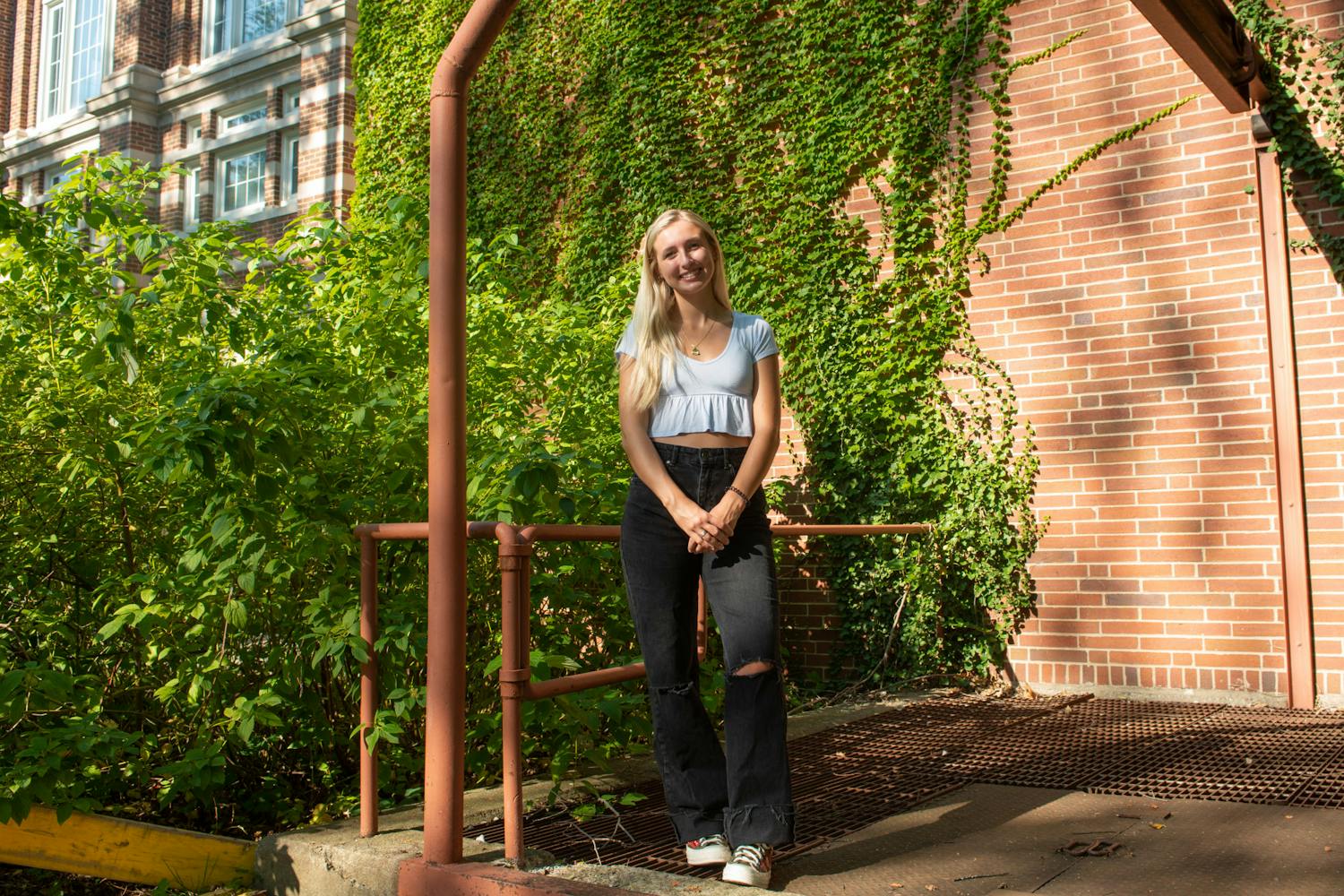

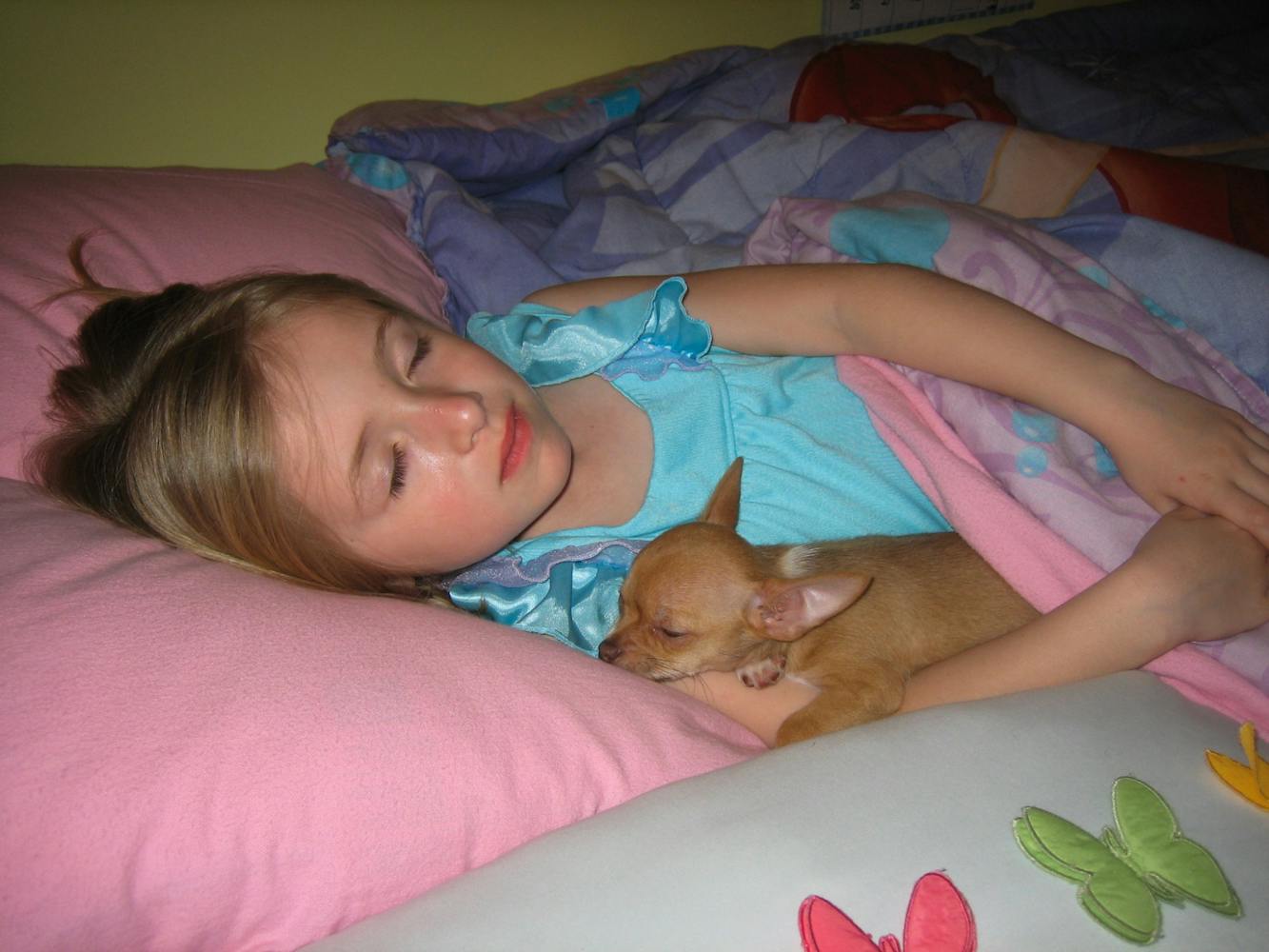
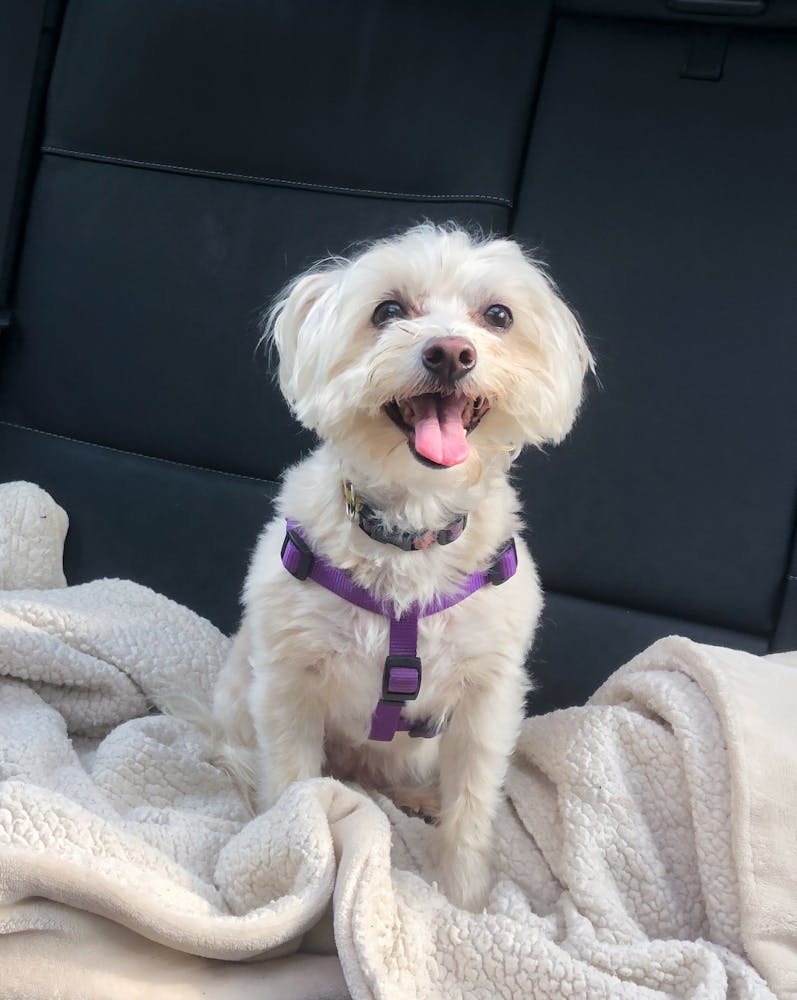
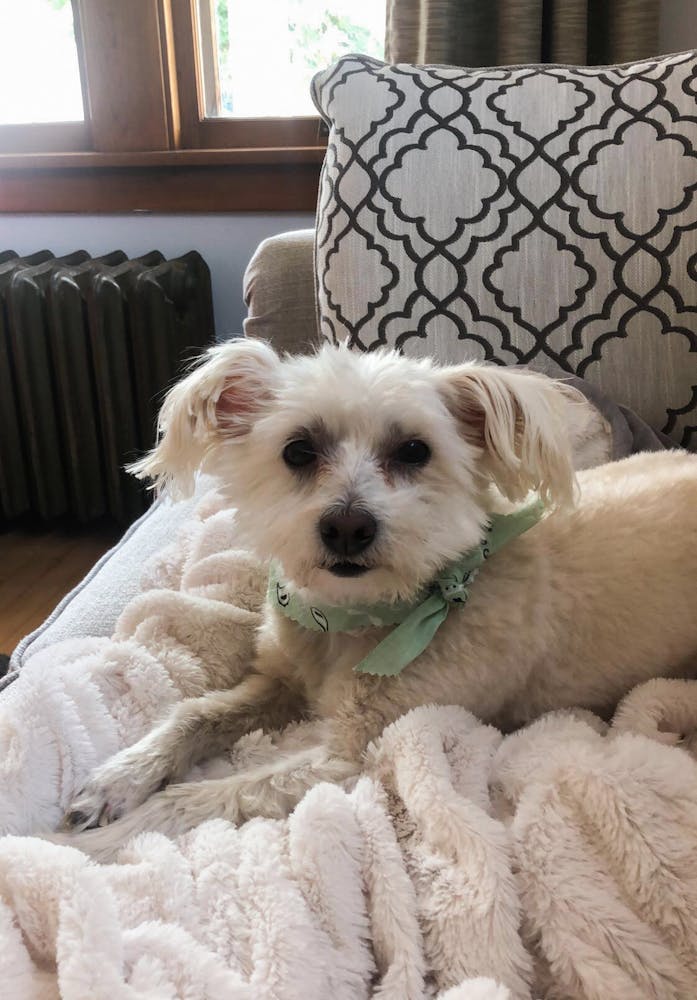

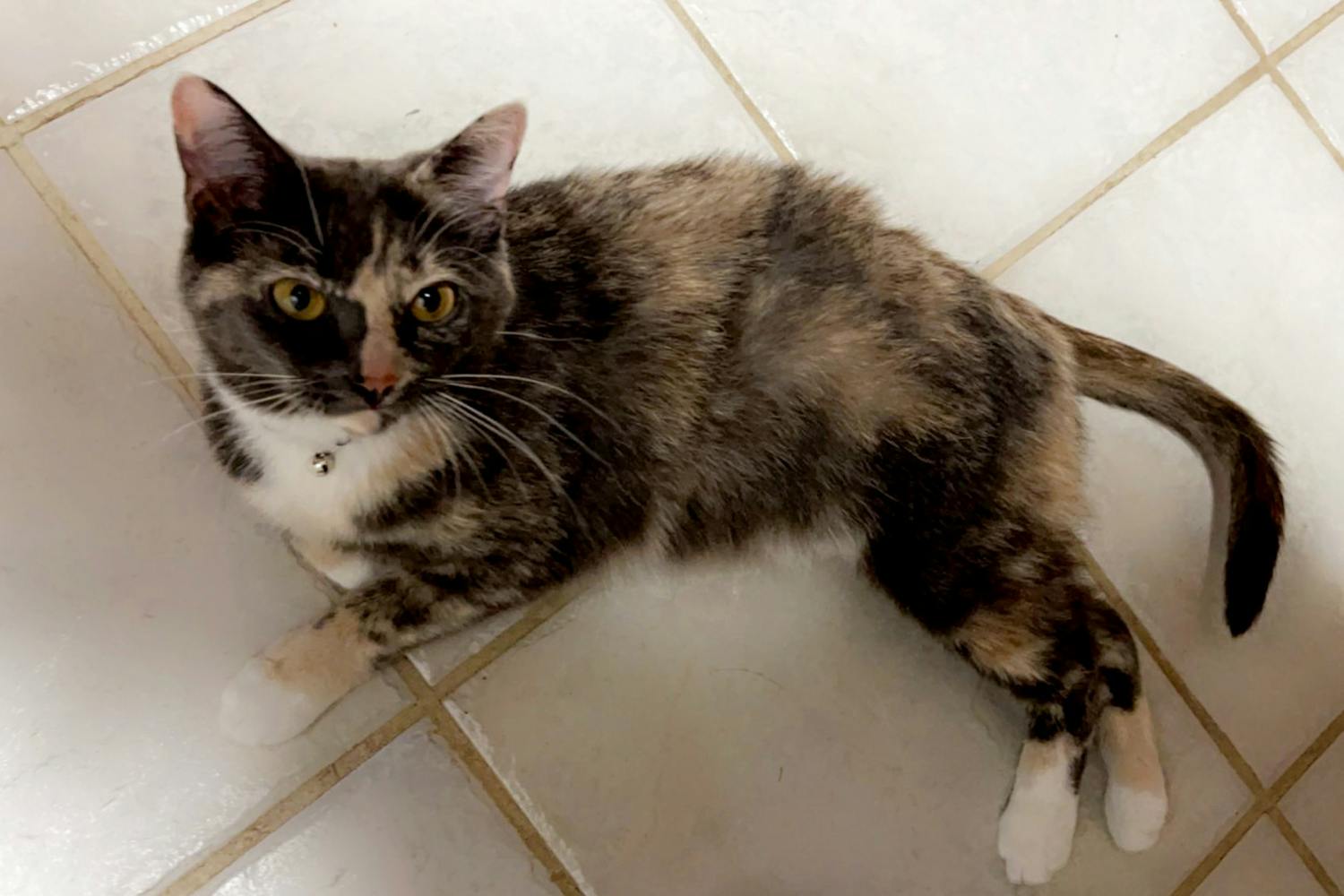
When electrical engineering freshman Norah Daley moved to East Lansing to attend Michigan State, she left her three dogs at home.
Daley left a Chihuahua named Coconut, a mutt named Winter, a Shiba Inu named Mika, and a Calico cat named Melly.
Daley got Coconut and Winter when she was in kindergarten and grew up with them.
“It's weird because every single day, I had a pet to be with, to have a reciprocated relationship with,” Daley said. “You get to see them and play with them. It's like a stress reliever and it gives you serotonin.”
Daley recently adopted her cat Melly and said she misses Melly’s strong personality.
“It’s a different kind of feeling than missing a friend or a family member because (pets) don’t know where you went,” Daley said. “You can’t tell them where you went ... you’re just gone.”
Zoology freshman Grace Leduc has two Boston terriers named Diesel and Jack, a Vizsla named Ruby and a mutt named Daisy.
Leduc said her daily routine consisted of caring for her dogs, which isn’t the case anymore now that she is at MSU.
“This has kind of been weird too because I grew up learning how to take care of them, and it was always kind of a daily routine so everything has changed now,” Leduc said. “I don’t even have that one thing to do.”
Although all four dogs belong to her family, Ruby is Leduc’s dog.
“I got her when she was a puppy, and I’ve raised her since she was a puppy so we’ve, for nine years, been around each other,” Leduc said.
As an out-of-state student, Leduc looked into bringing Ruby with her to college, but couldn’t due to MSU’s two-year on-campus housing requirement.
“It’s definitely hard,” Leduc said. “It’s not even like I can really visit my family or pets over the weekend, so I definitely tried to see if there was possibilities to bring my dog because she just brings me a lot of comfort and security.”
Since Ruby's birthday is Oct. 12, Leduc said it is the first year she won't be home to celebrate it with her.
“I’ve always celebrated her birthday and got presents,” Leduc said. “I put treats in the presents so that way she opens them herself. So, it’s kind of sad I won’t be able to continue that tradition.”
Nursing sophomore Lian Colbry has two dogs: a Bernese Mountain Dog named Maeli and a Boston terrier named Hazel.
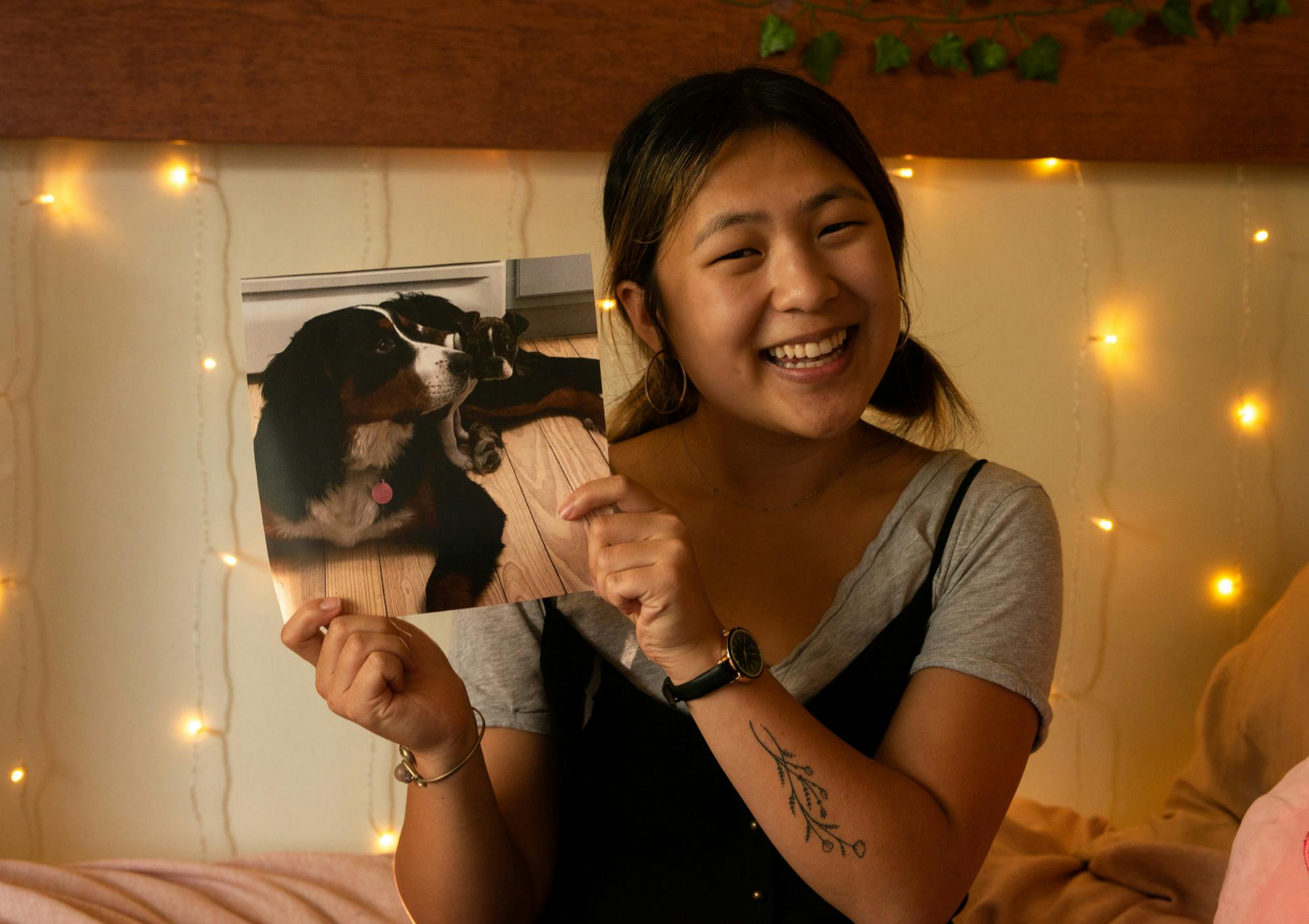
Colbry lives about an hour-and-a-half from MSU without a car, so she doesn't get to go home and visit often.
Since Colbry’s first year at MSU was fully online due to COVID-19, she lived at home and spent every day with her dogs. Colbry said it was nice to get a break from them when she moved away to college, but she still misses them.
Colbry said that because her mom and brother spent so much time out of the house, she was left taking care of the dogs.
Support student media! Please consider donating to The State News and help fund the future of journalism.
“It was exhausting taking care of them all the time … but I do miss their company,” Colbry said. “I do miss them.”
Social relations and policy third year Justin Fernando has a poodle/Shih Tzu/Yorkie mix named Juno.
Fernando said his house is about an hour-and-a-half from Michigan State and he goes home about once every three or four weeks to visit his family and Juno.
“It’s kind of nice, in that, I have a car so I'm able to go … back home multiple times a semester,” Fernando said. “Definitely when I’m at school, it’s sad just not being able to be there, and just not being able to see her (Juno).”
Ways to help pets handle separation
Assistant Professor for the College of Veterinary Medicine Dr. Marie Hopfensperger is a board-certified veterinary behaviorist. She attended veterinary school at MSU and went on to do specialty training where she specialized in problematic animal behavior. Hopfensperger treats dogs and cats with anxiety disorders and aggression.
Just as the students miss their pets, the pets miss their students, Hopfensperger said.
For example, after Daley goes home, she said her pets stay by her side for at least a day.
“I feel like they remember who you are, and they’re like, ‘Oh my god, where’d you go?’” Daley said.
Leduc said Ruby is an anxious dog, and when she went on vacation over the summer, she came home to a squeaky, bouncing, over-the-moon Ruby.
“She gets super out of it when I’m gone, so I’m sure she’s not handling (the distance) the best,” Leduc said. “My parents also just moved houses too, so she’s in a completely new environment and her person is gone. … But, at least she has the other dogs still, and my parents. I’m sure she’s not doing horribly, but I know she’s definitely not used to it.”
Hopfensperger worked with Petco to create a Pet New Routine Preparation plan to help pets during transitional periods.
“The biggest challenge is the initial times of transition,” Hopfensperger said. “Dogs and cats, especially those who have underlying anxiety, love predictability and routine. So, big changes in routine can throw them off and increase anxiety.”
Hopfensperger said she recommends doing test departures, where pet owners ideally set up a web camera and go out for a short period of time to see how their pets behave when they're alone.
Colbry said that Maeli and Hazel are COVID-19 puppies who were adopted during the lockdown.
“We haven’t really gone too long without them,” Colbry said. “But I know that (Maeli), she does get social anxiety a little when we’re not around.”
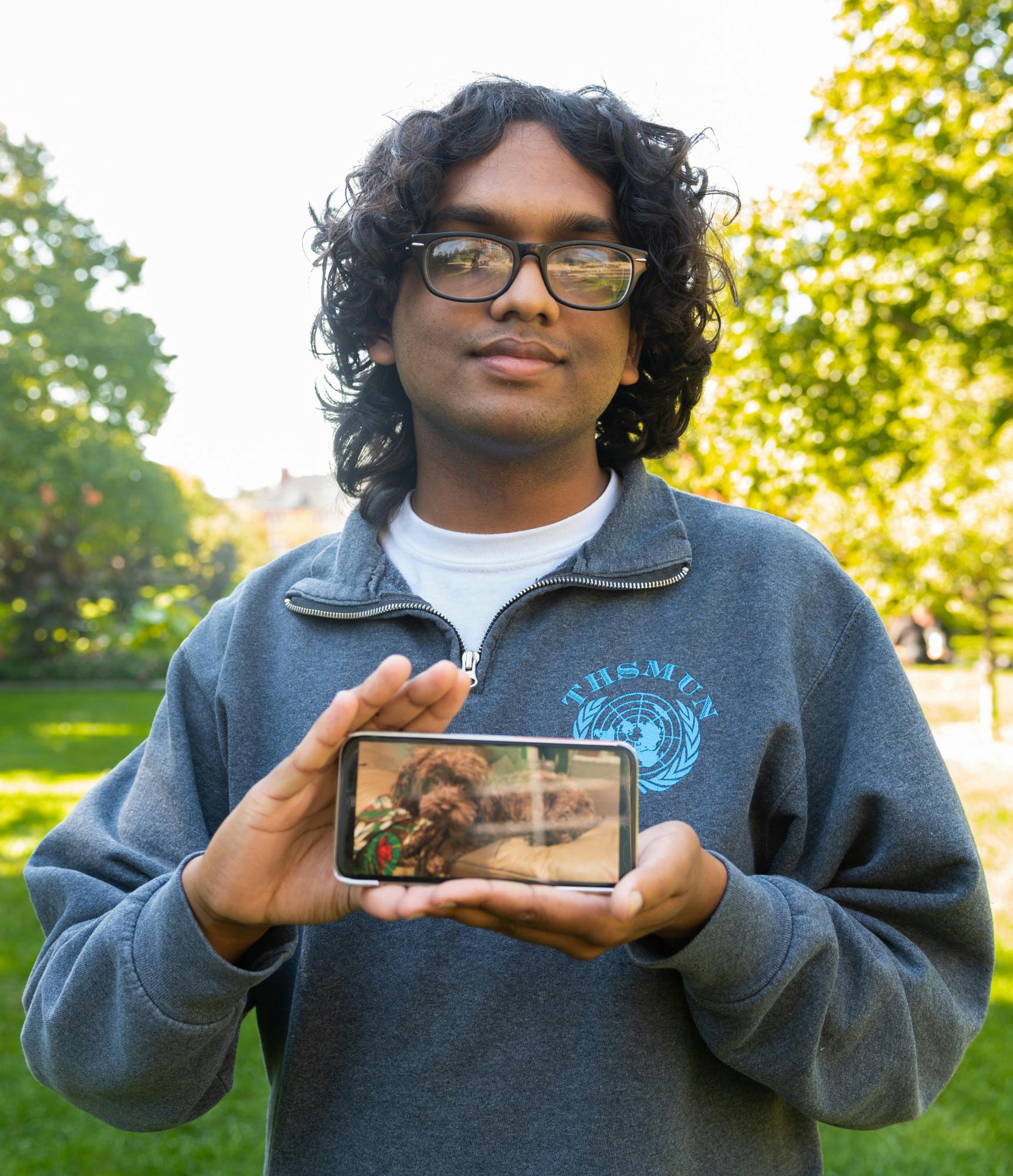
Fernando and Juno, his 15-month-old Poodle, Shih Tzu and Yorkie mix. Shot on Oct. 1, 2021.
Fernando said his family got Juno during quarantine, so she has separation anxiety and gets very sad when he leaves.
“My parents say whenever I leave, she will sit outside my bedroom — that’s one thing she does — because she’s confused as to where I went,” Fernando said. “Whenever I come back, whenever she sees me, she instantly starts jumping up and down. She’s very small so she runs around the entire house. She gets overly excited. She definitely misses me a lot.”
Hopfensperger said there was an increase in pet anxiety at the beginning of the pandemic when owners were home all of the time.Now that people are heading back to work and school, the pets have to adjust to being home alone again.
“I think it’s especially hard for our pandemic adopted pets,” Hopfensperger said. “There are lots of dogs and cats that never knew what life was like in their household with the owners going away, so I think that’s a big change for all of us.”
What students can do to handle being separated from their pets
The general consensus among Daley, Leduc, Colbry and Fernando is pictures and videos are a way to cope with being away from their pets while at MSU.
Fernando said that his parents often send pictures of Juno, while Daley said she begs her mom for pictures of her dogs and does the same with her dad for pictures of her cat. When she FaceTimes her boyfriend, Daley said she asks to see the dog he lives with.
For Colbry, she said her mom sends her pictures of her dogs to help her cope. After talking more about Maeli and Hazel, Colby said, “Oh wow, I really do miss them.”
Leduc also has her parents send pictures of her dogs when she’s gone. When her parents go to a wedding in Ohio this month, Leduc will get to see her dogs.
"They’re road tripping, so they’re bringing the dogs,” Leduc said. “So, I look forward to that a lot, too. It’s one of those counting down the days kind of thing.”
Hopfensperger said the biggest takeaway is to contact a veterinarian if your pet appears to be struggling with separation.
“I really think it's a time of change for all of us,” Hopfensperger said. “Reach out to your veterinarian for support. There’s a lot of medicine interventions, as well as enrichment interventions.”
This story is a part of our Oct. 12 print edition. View the full issue here.